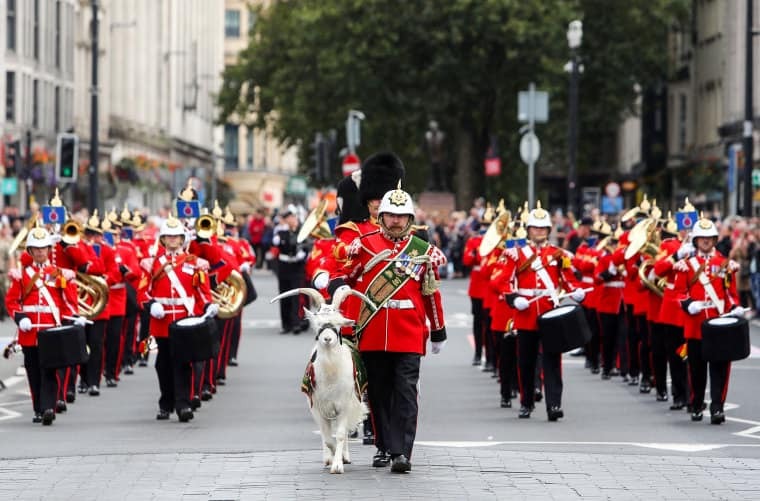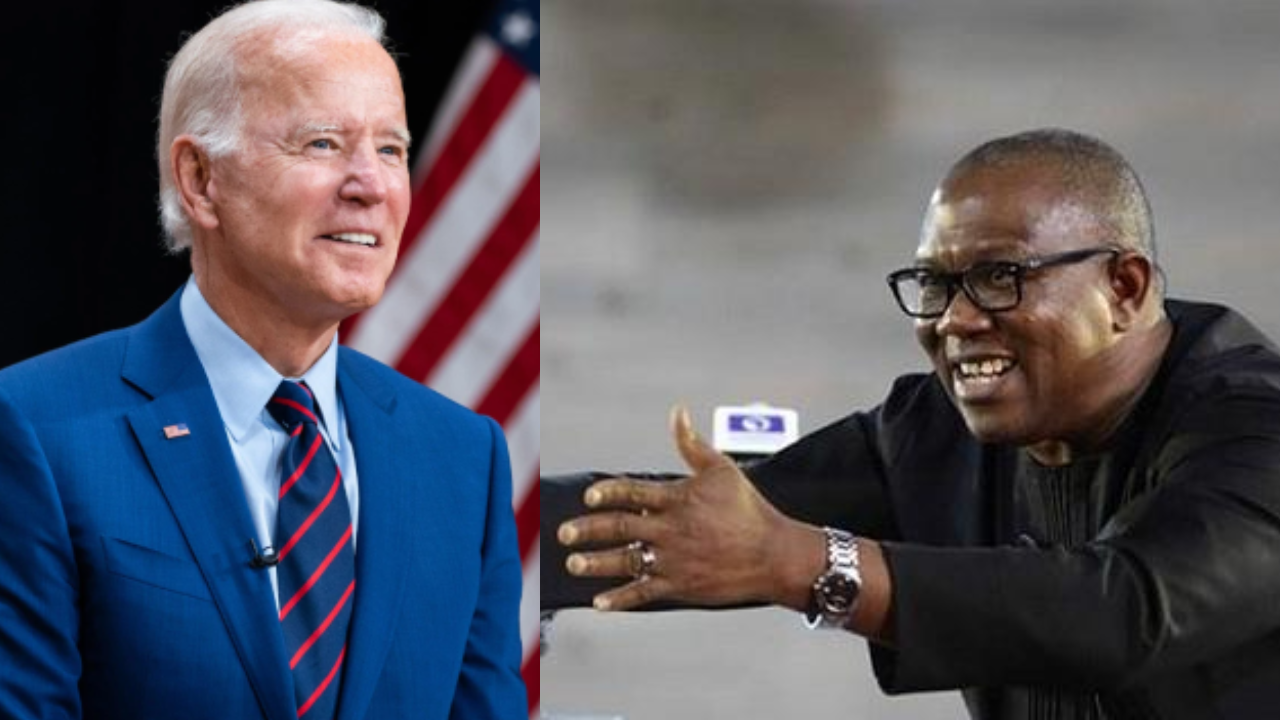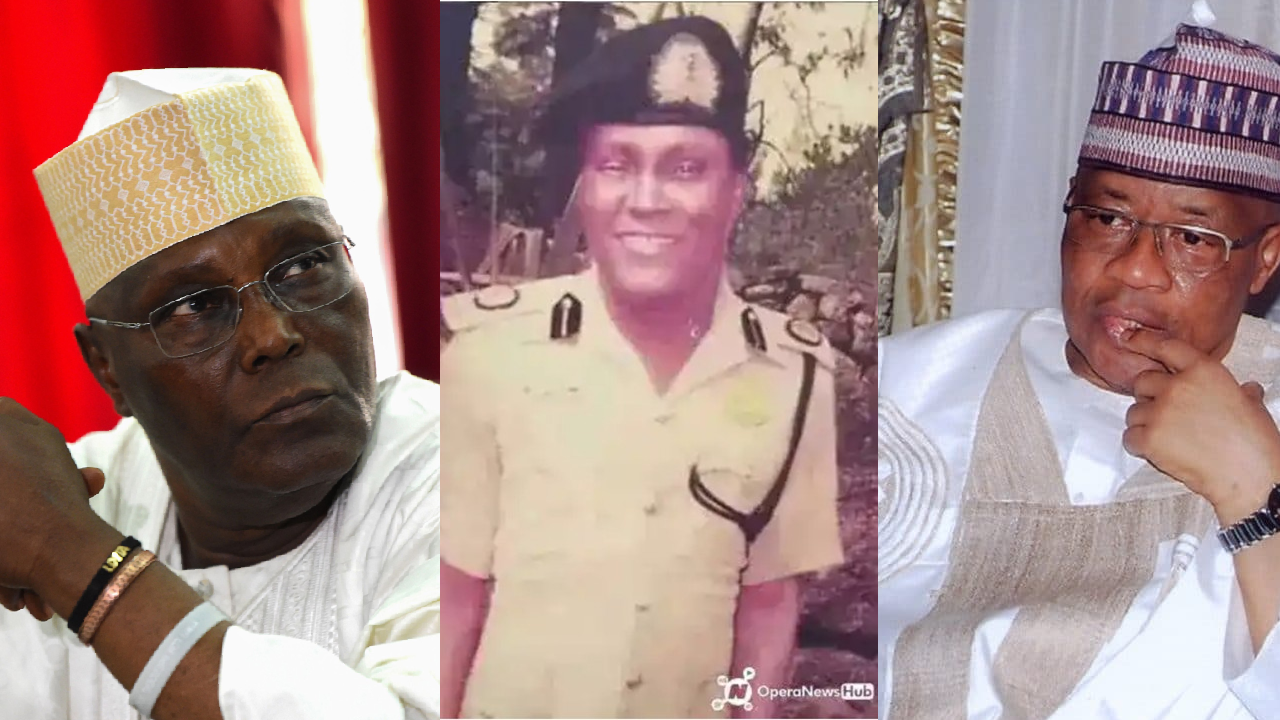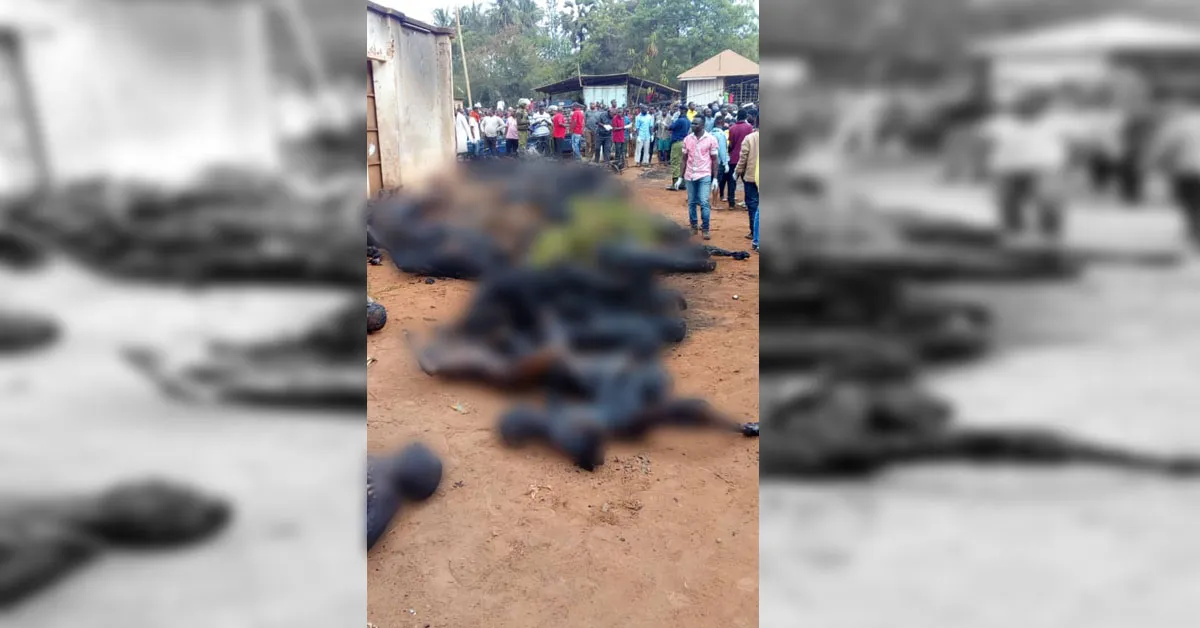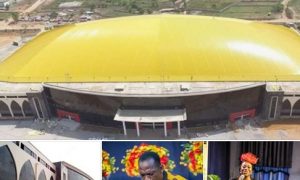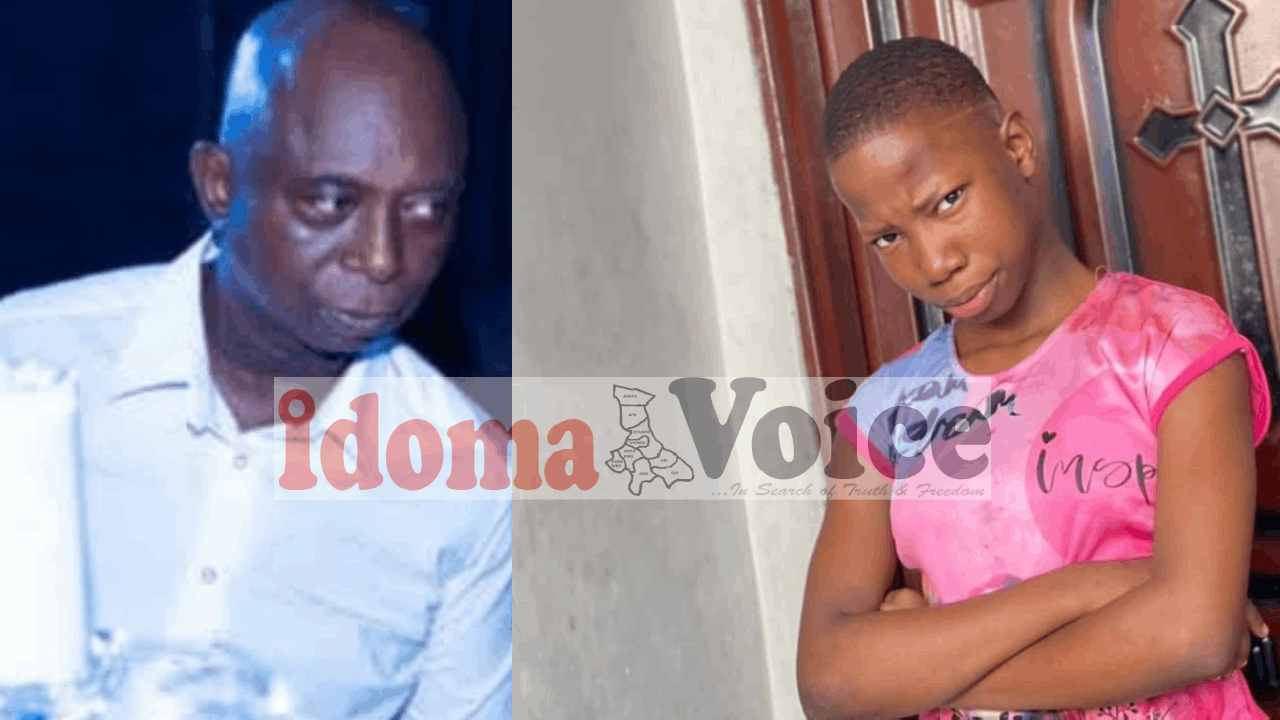Religion
FACT CHECK: Is South-West population 65% Muslims?
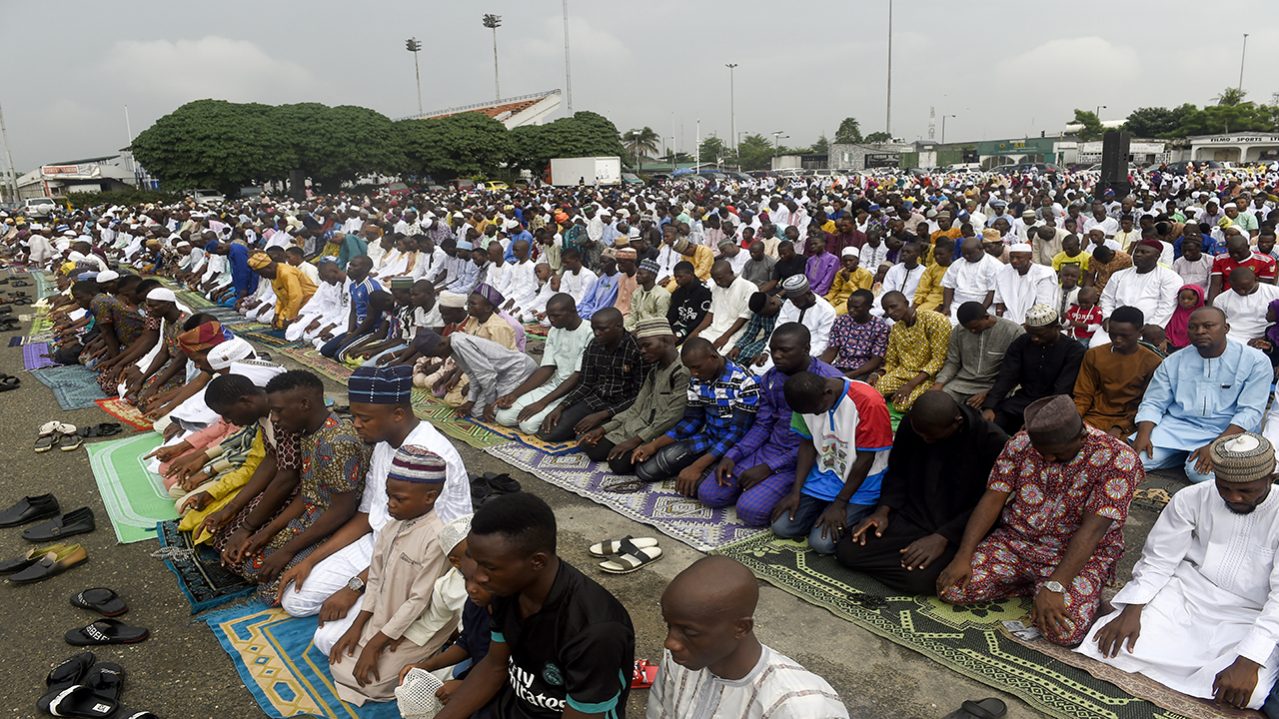
While appearing on AIT, during the Focus Nigeria show, on Tuesday, the Director General of Asiwaju Tinubu Presidential Campaign Organisation, Adebayo Shittu, claimed that Muslims make up 65% of the southwestern part of Nigeria, IDOMA VOICE reports.
Shittu was justifying the decision of the presidential candidate of the All Progressives Congress, Bola Tinubu, to pick a fellow Muslim, Kashim Shettima, as his running mate.
Tinubu has been under fire following his decision to pick Shettima as his running mate.
However, justifying his principal’s choice, Shittu maintained that southwestern Nigerians were predominantly Muslims.
“In the South-West of Nigeria, the Muslims constitute an average of 65%,” of the population, the lawyer asserted.
When asked if his claim was based on fact or projection, he said, “I don’t tell lies. You can investigate. Do your research.”
SOUTH-WEST AT GLANCE
The South West is one of the six geopolitical zones of Nigeria representing both a geographic and political region of the country’s southwest.
It comprises six states – Ekiti, Lagos, Ogun, Ondo, Osun, and Oyo.
IS SOUTH-WEST POPULATION 65% MUSLIMS?
Finding by IDOMA VOICE show that the 1952 census in the area of the present-day states of Ekiti, Kwara, Lagos, Ogun, Ondo, Osun, and Oyo indicated a slightly larger Muslim (43.3 percent) than Christian (38 percent) population.
However, by the time of the 1963 census (the last to include information on religious identification in Nigeria), percentages of Yoruba Muslims and Christians were, with 46.3 percent and 45.5 percent respectively, roughly equal.
While both censuses were criticized for distorting regional population numbers, there has been no suggestion that numbers of Muslims and Christians within individual regions were manipulated.
Without data suggesting otherwise, the assumption that the equal numerical presence of both religions contributed to the overall peaceful relations between Muslims and Christians has buttressed much of the reflection on Yoruba Muslim–Christian relations.
VERDICT: FALSE.


